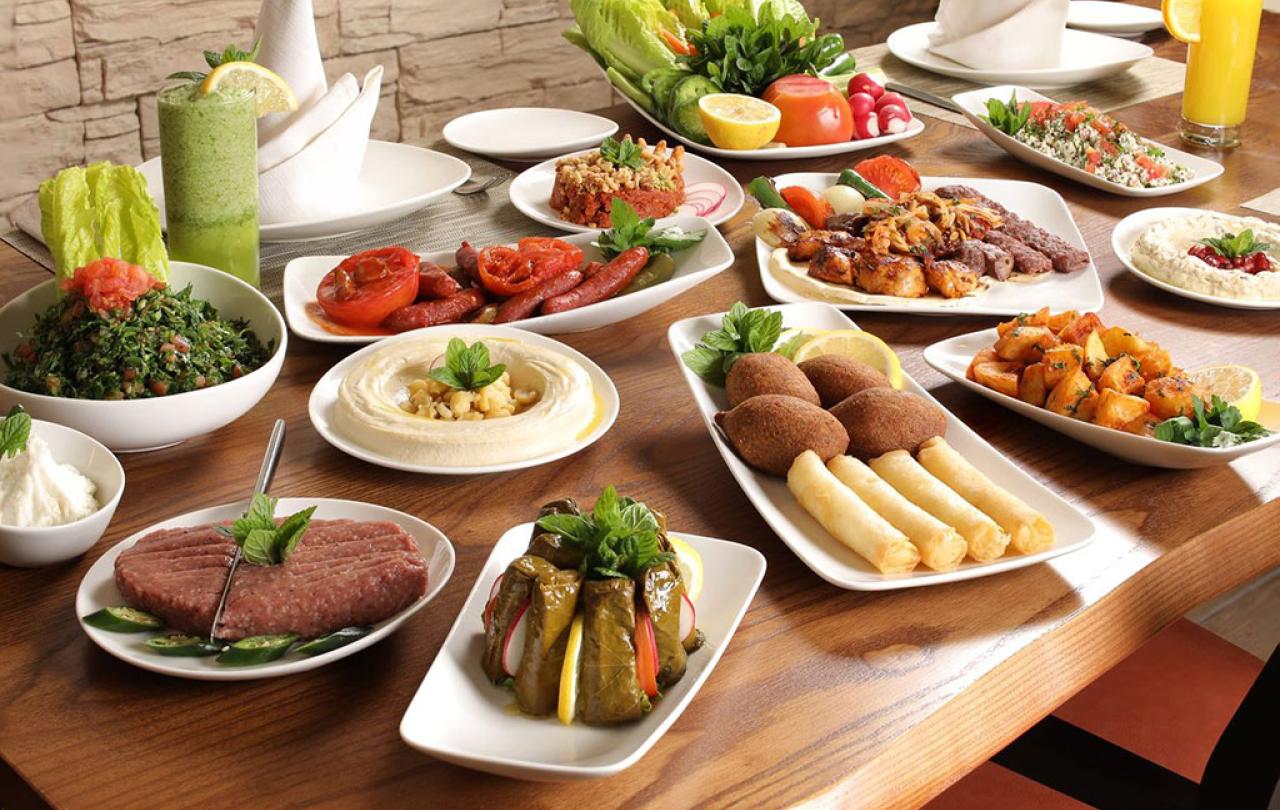Over a long and shared meal, the kind that makes getting to know the stranger opposite you quite inevitable, I was able to hear about what it’s like to be a Christian in the Middle East in the here and now. The hospitality extended to me at the table included me being so generously provided with stories of what it can be like to be a Christian in their contexts.
Of course, many stories shared throughout my time in Jordan were pertaining to the on-going Israel-Palestine conflict. I was able to speak with a Greek Orthodox Bishop about the Greek Orthodox church, filled to bursting with refugees, which was struck and destroyed in a Gaza City blast. I was able to hear about the Anglican-run Cancer Treatment Centre of the al-Ahli Arab Hospital, which was hit and damaged in a similar way.
I learnt about the Christian communities who are readying themselves to respond to the needs and trauma of those who may, eventually, be able to seek refuge in their countries. I heard compassion flow from people whose eyes hadn’t for one moment turned away from the on-going plight of the Palestinian, nor the Israeli, people.
I also realised that evening, just how much there is much to be learnt about the faith that one has taken for granted, from those for whom the very same faith is a source of discrimination, even danger. The pressure that 360 million Christians across the world are living under is referred to by Rupert Shortt as ‘christianophobia’ and profoundly coined a ‘360-degree threat’ by Janine Di Giovanni.
I heard how it feels to receive word that members of your community have been executed for their Christian faith; how such news incites instant fear and unimaginable grief. I spoke to one man who plans to leave the country he’s currently residing in as soon as a certain political leader is no longer present, because according to him, this sympathetic leader’s presence is the only reason his Christian faith has been tolerated thus far.
And very quickly, I realised that I was no longer learning about these Christian leaders and the communities they represent, I was learning from them. I began to ponder at length what faith looks like when it is laced with defiance. By the third course I was beginning to appreciate (albeit in an incredibly limited sense) what hope feels like when it must be stubborn to survive. I glimpsed first-hand the difference that resilience can make to one’s compassion. Like I say, I was intending to learn about these communities, but I found myself learning from them.
Sitting at a table in a country that I had never been to before, with a group of people who were all strangers to me before this trip, trying to wrap my head around contexts that I have no experience of, the words of the afore-mentioned Janine Di Giovanni sprang to mind,
‘It (Christianity) combines ritual, which soothes in anxious times, with a vast sense of belonging to something much larger and greater than yourself.’
How, in that situation, where I had utterly misunderstood the meal-time etiquette, could it be that I felt a sense of belonging? On one level, it could very well have an awful lot to do with how naturally hospitality seems to come to people in Jordan, and it appears, the Middle East in general. But, I would suggest that it is something else too; something larger, something greater, something unseen.
Perhaps Christian community, in accordance with the Son of God upon which it is built, is both completely situated in one’s individual time and place, and simultaneously utterly un-containable.





